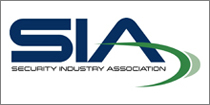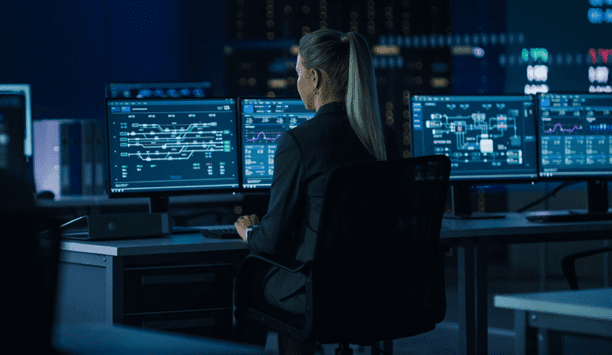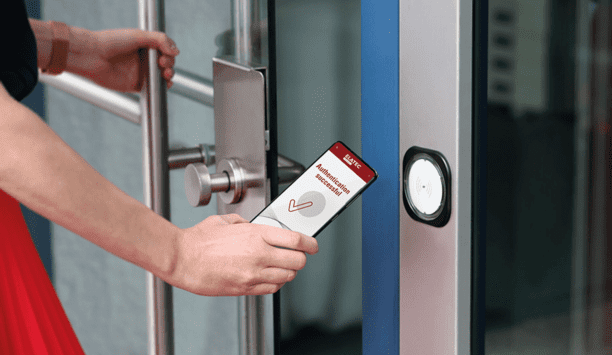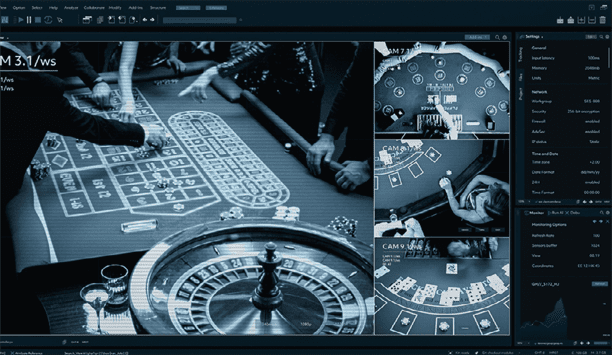Jason Oakley

Jason Oakley
CEO, North American Video, Inc.Jason Oakley is CEO at North American Video, a leading provider of security systems integration technology and services. He previously worked for Ingersoll Rand as Vice President, Finance & Controller (2002- 2005) and as Director & General Manager (2005- 2008). He holds a MBA degree from the Northwestern University - Kellogg School of Management.
Articles by Jason Oakley
Project productivity improves when systems integrator and client personalities “integrate” Long-term business relationships can be a win-win proposition for integrators...
News mentions
The COVID-19 pandemic has provided a double challenge to physical security systems integrators. For one thing, they have had to adapt their own businesses to survive and thrive during the pandemic. On...
SNGTM takes a broad look the latest research, and commercial and industrial market trends in the security industry The Security Industry Association (SIA) has announced the agenda f...






























